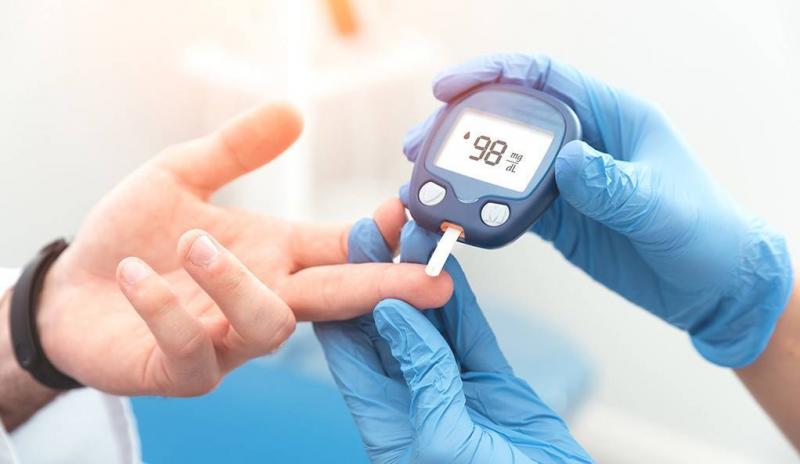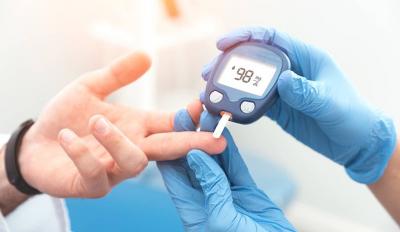A new study suggests that insulin resistance may more than double the risk of severe depression, even in individuals without diabetes. The human body relies on insulin, a hormone produced by the pancreas to convert blood sugar into energy. If blood sugar levels remain high, cells may become less capable of utilizing insulin to transform sugar into energy, a condition scientists refer to as insulin resistance. Eventually, the body reaches a point of no return, where insulin resistance is so severe that it can no longer lower blood sugar levels without medication assistance.
In the study published Thursday in the American Journal of Psychiatry, researcher Kathleen Watson and her colleagues from Stanford University analyzed data from over 600 participants in a long-term Dutch study on depression and anxiety. The individuals, with an average age of 41, did not have depression or anxiety when they entered the study.
Regular physical examinations allowed researchers to track three measures of insulin resistance: fasting blood sugar levels, waist circumference, and the ratio of triglycerides to high-density lipoprotein cholesterol. Participants also underwent regular psychological assessments.
The researchers found that as participants became more insulin resistant over time, their risk of depression significantly increased. Each increase in triglyceride levels was associated with an 89% increase in the rate of depression, while each 2-inch increase in abdominal fat was linked to an 11% higher depression rate. Additionally, each 18 mg/dL increase in fasting blood sugar levels corresponded to a 37% increase in the depression rate.
Dr. Watson stated, “Insulin resistance can enhance depression in two ways: first, when insulin resistance causes inflammation that contributes to the release of biochemical substances affecting brain chemistry. Second, insulin itself plays a role in brain health, so resistance to the hormone may disrupt mood and increase the likelihood of depression.”
According to Dr. Watson, understanding the potential risk for individuals with insulin resistance could help researchers and doctors prevent the development of depression or alleviate its symptoms, as reported by the UPI website.




